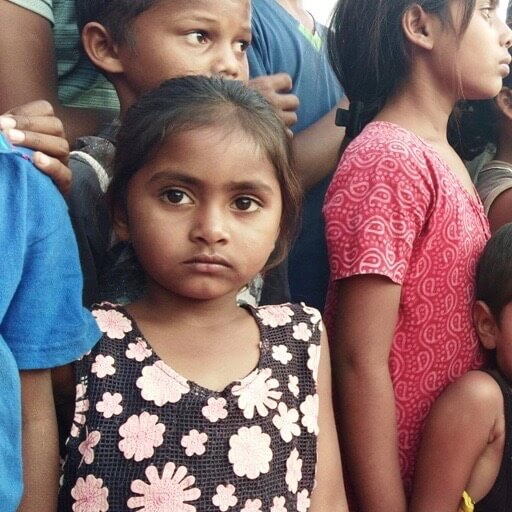
Orissa, India
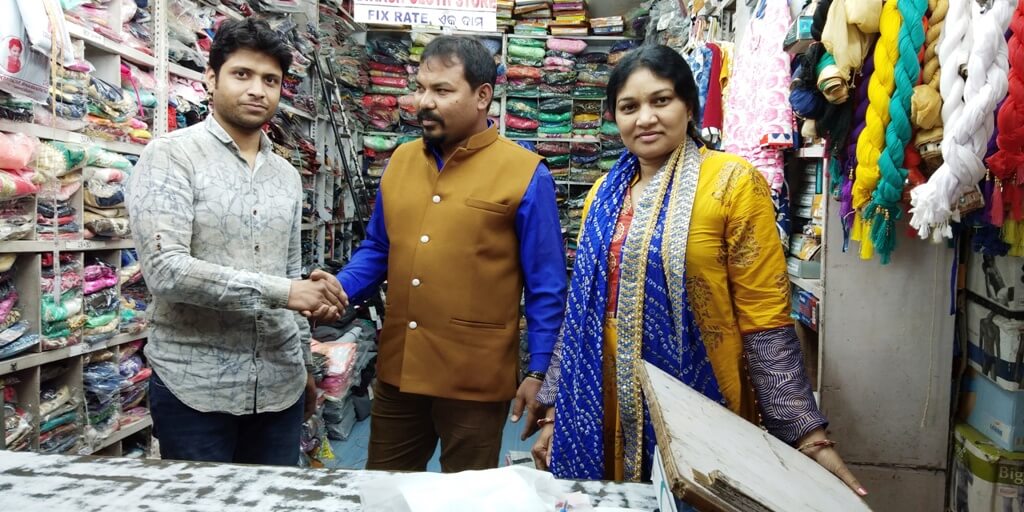
A Change of Heart

Making Life Easier
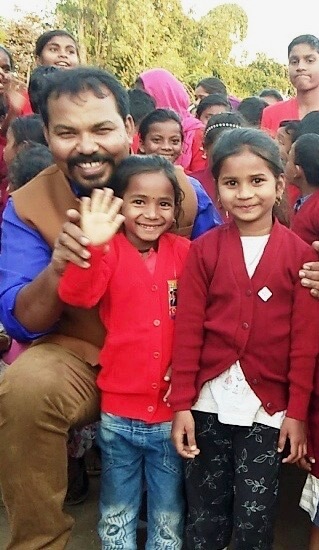
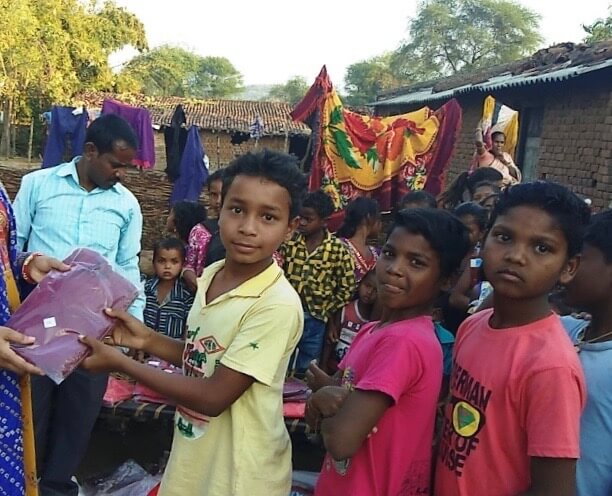





A friend of mine has been feeding the hungry for more than a decade. Dyan Walker, also called Sr. Kateri as she belongs to a Franciscan lay order, has indirectly and directly been providing meals for hungry children in Kenya for many years.
A couple of weeks ago I asked Sr. Kateri how she happened to get involved with feeding needy children. She said that it all started in 2007 when she attended a church service where a missionary to Kenya was bringing a message about the work he was doing in that country. She was deeply affected by his stories of children in an area called Kampi Ya Moto – a name which translates to “Camp of Fire”. Needless to say, life was challenging in that region. Kampi Ya Moto is located in sub-Saharan Africa where daily temperatures reach high into the 80’s and 90’s and rainfall is scarce during most of the year. She learned that HIV/AIDS had claimed the lives of many adults in that area so most of the children were orphaned. Education was considered a luxury. A primary school was built in 2003, but prior to that there were no schools near their homes. Their excitement at finally being able to learn was beyond measure. However, in spite of their enthusiasm, they were fainting in class due to lack of food.
This missionary was reaching out to the church for help with an Orphan Feeding Program, allowing the children in Kampi Ya Moto to receive a daily meal.
Sr. Kateri was profoundly moved by his stories, so she began to pray for a way to help them. As a recent widow, her budget was limited, but it occurred to her to put aside $10 a week for the orphans. She began to do that, and continued to pray for their situation.
Then in May 2007, Sr. Kateri was gifted with the opportunity to travel to Kenya with a group of missionaries. The trip had a profound impact on her life. She vividly remembers the sights and sounds, the incredible wildlife, and most of all, the children.

In her visit to Kampi Ya Moto she had a chance to serve lunch to the school children, an experience that is still fresh in her heart and mind. She also remembered that “…there was a kitchen there but it was dilapidated and falling apart.” She returned home and began to tell her friends, co-workers, and anyone else who would listen about these children and their needs. Before long, there was an outpouring of donations for the Orphan Feeding Program, and the effort began to take on a life of its own.

Sr. Kateri’s passion for alleviating the suffering of these orphans in Kenya began to affect people throughout the USA and Canada. Funds continued to pour in, making it possible to address other needs as well. The kitchen she had seen during her trip was in need of repairs, and two other schools in Nakuru were asking for help with feeding orphans in their schools. Fr. Paul Stewart, her pastor of many years, told her: “The money you set aside also inspired others to give, so they were able to repair the kitchen and start the Orphan Feeding Program in two new locations.” Her prayers and continued concern and care for the orphans also led her to join EC’s Board of Directors, a position she held for several years.
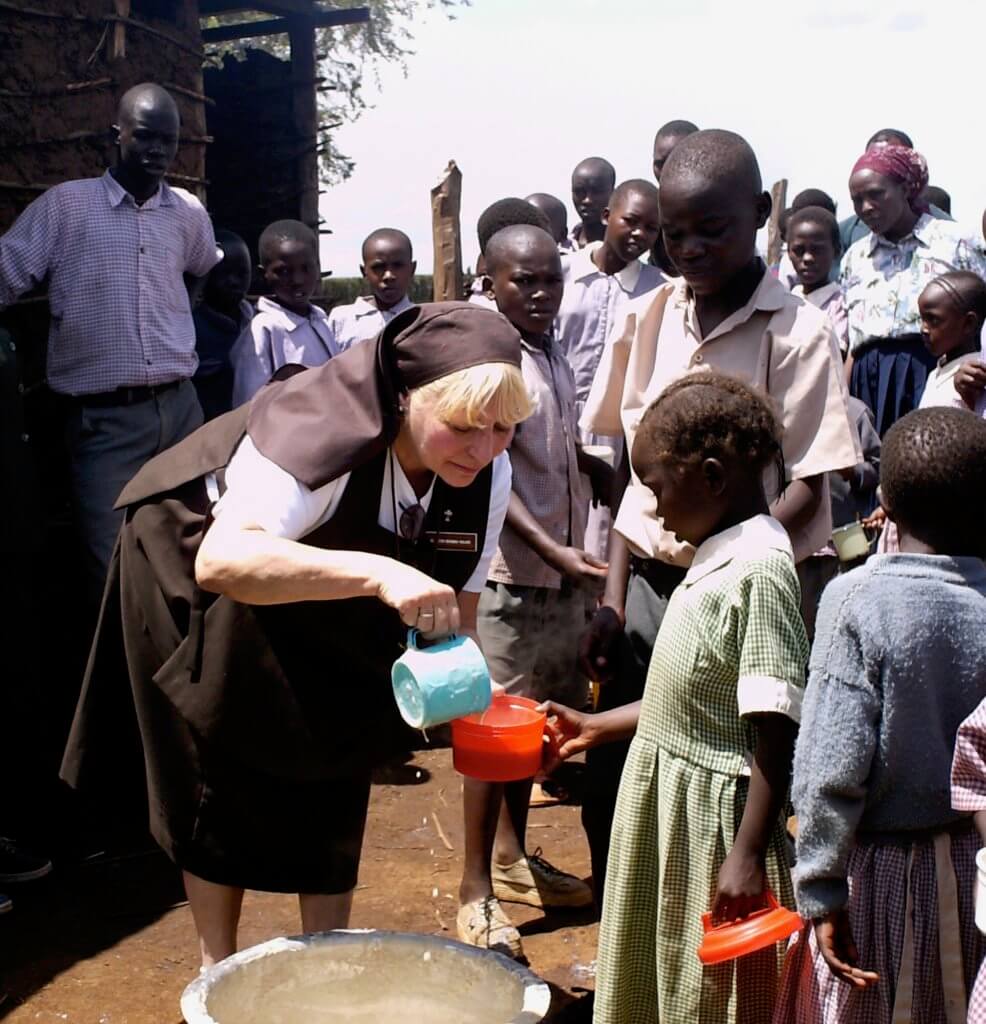
Today the kitchen in Kampi Ya Moto is once again in a state of disrepair. Severe drought and extreme heat have taken their toll on this small tin, wattle and daub building. This summer, EC is raising $2,100 in order to build a structure that will withstand the climate and provide nutritional meals to these school children.

Upon completion, EC will be dedicating the new kitchen to Sr. Kateri. A plaque honoring her commitment to feed the children will be placed in this building, and in future kitchens also. Her legacy of giving to the least of them will continue to impact children for years to come.
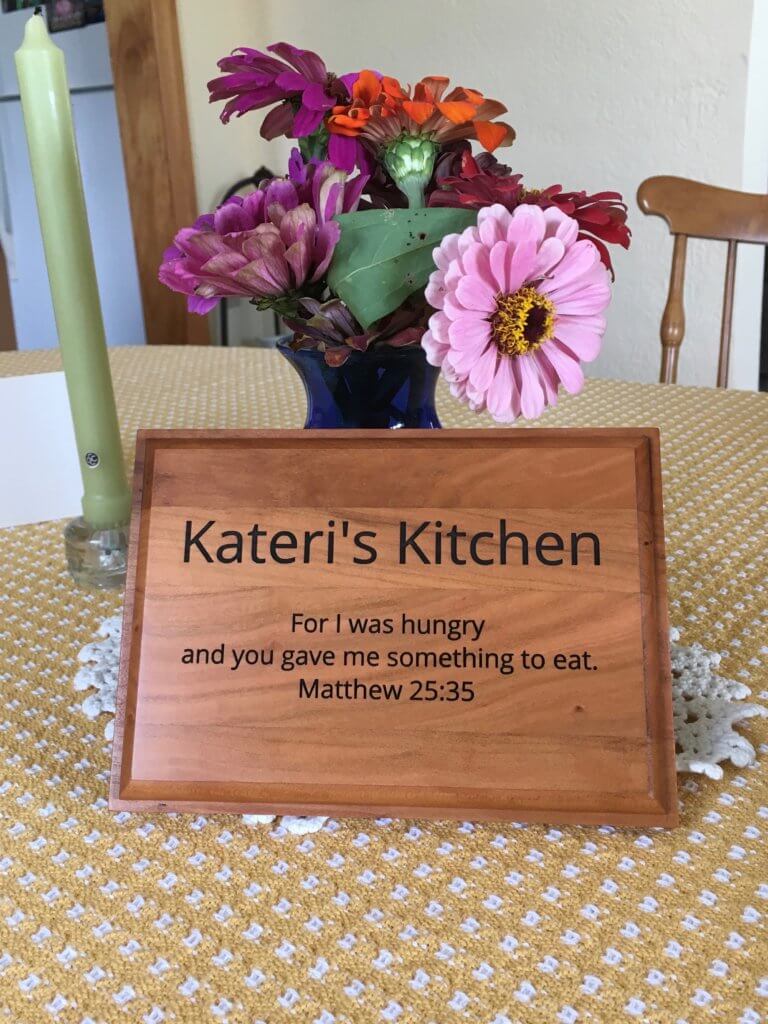
If you are in a position to contribute to Kateri’s Kitchen, please click here to help us continue with our goal of feeding the hungry. Your gift will make a huge difference for the school children who rely on these meals to get them through the day.
As always, Asante Sana (Thank you very much) for your help!
Blessings,
Ruth
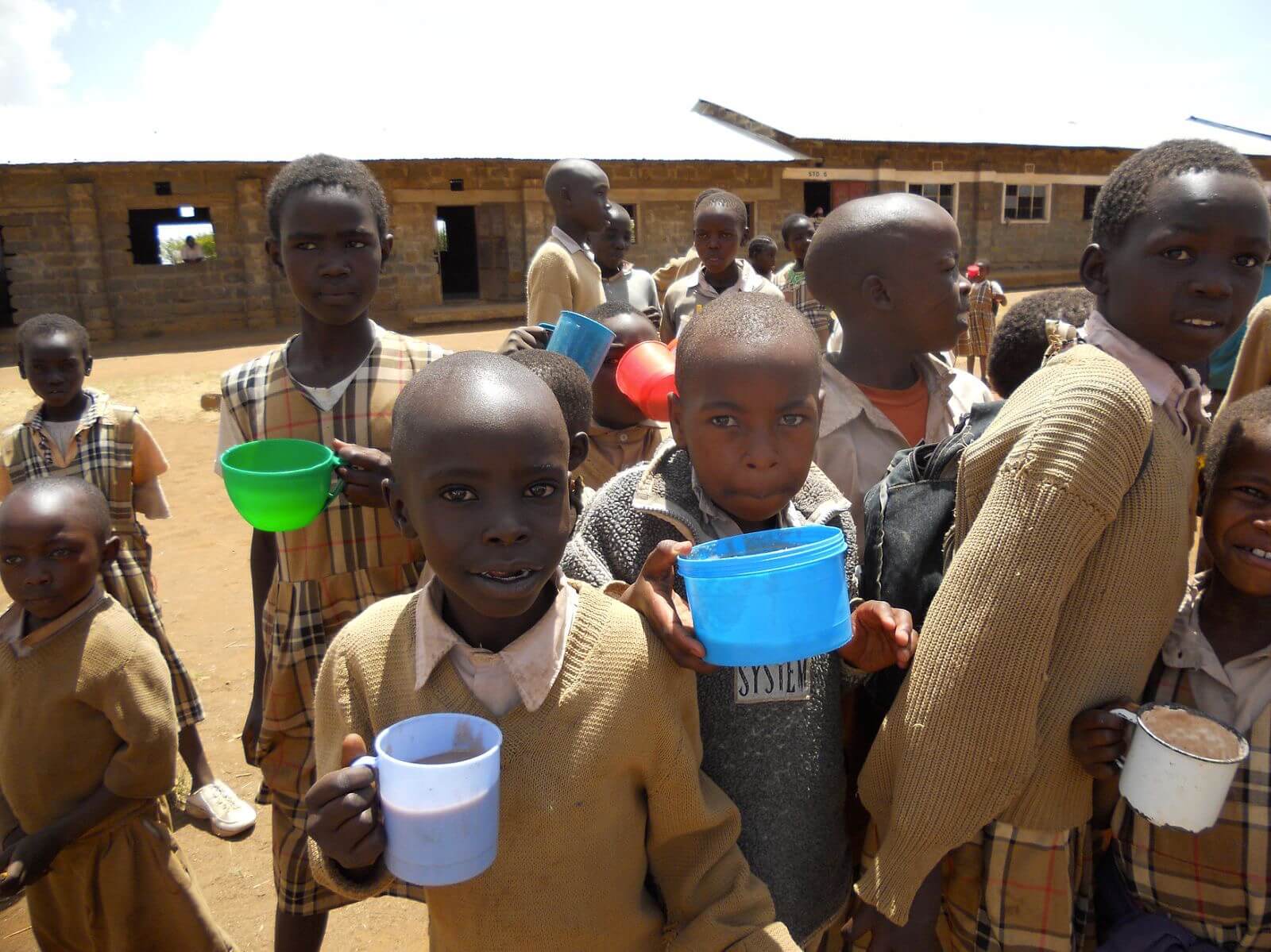
Providing for needs is constant in life. We have basic needs that deal with our survival as humans: water, food, and shelter. Then there are less-essential needs, such as designer jeans, computers and dirt bikes. What you have been blessed with in life defines your perspective on your own personal sense of needs and provision for those needs.
A relative of mine recently decided to give a recurring donation to Everyone’s Child. I asked where the donation should be directed, and received the most amazing response, copied below:

I was in awe of my relatives’ ability to use Matthew 25:35-40 to identify a selfless list of objectives for life. These objectives were all about providing for needs. I wrote the following reply:
Providing for needs includes the act of caring for and about others. Sometimes that act is a prayer, other times it involves an action or a financial gift. Here at Everyone’s Child we appreciate contributions of all kinds.
Love is the defining expression in my relative’s bucket list. Please click here to give to someone who will greatly appreciate your gift of love.
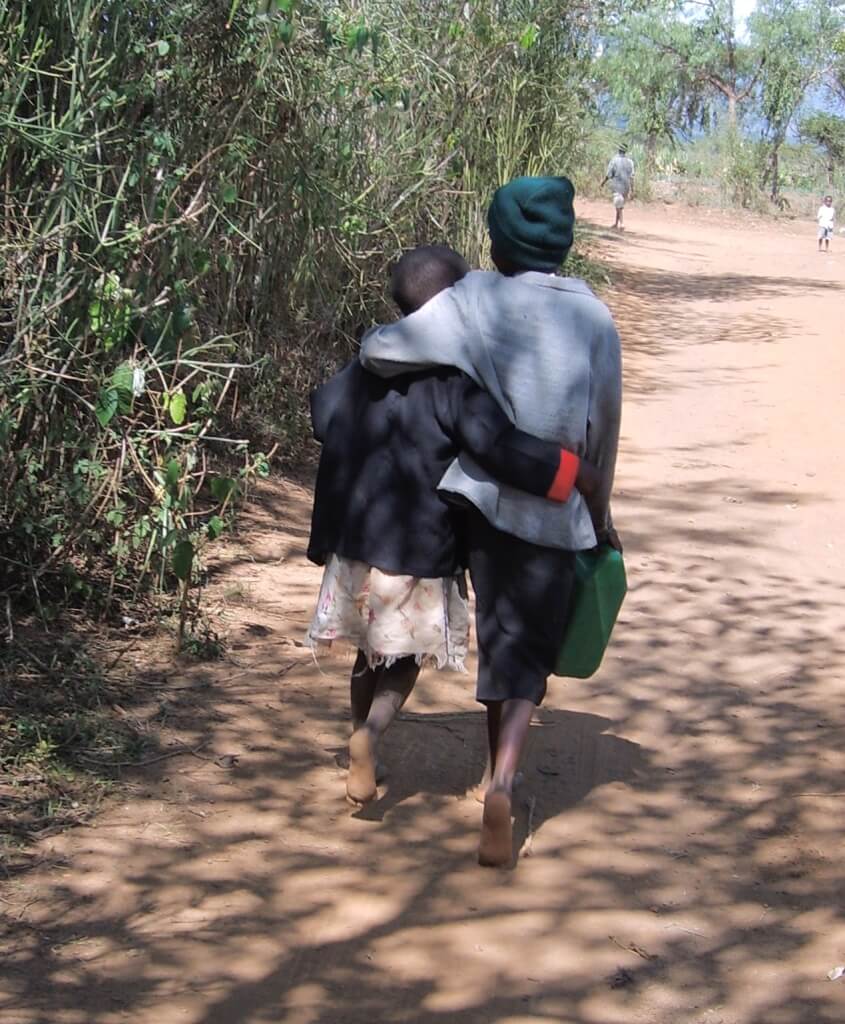
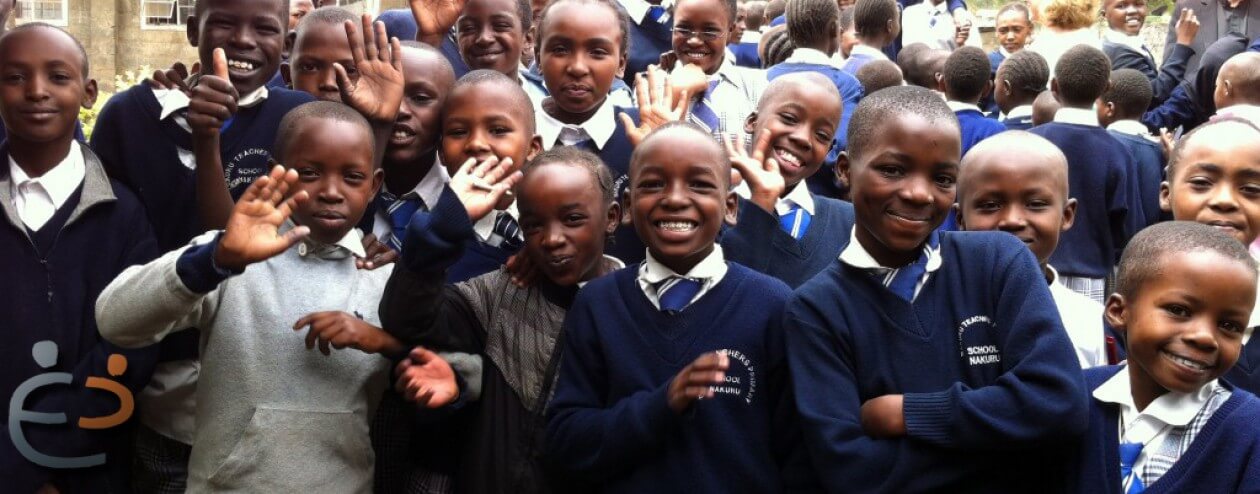
I had a discussion about children and daycare with a colleague who runs a large childcare center recently. The gist of the conversation was that she was seeing children acting out physically in daycare settings, but she was conflicted because these kids are being told that they can’t touch one another. She said she wasn’t surprised, that most of these kids were spending up to 80 hours a week outside of their homes. (There are 168 hours in a week – that’s almost half their lives!) Most of the children involved have no siblings. She quoted a parent of a two-year-old child as saying: “The only reason I’m [sending my child to daycare] is because he needs socialization.”
There is a certain sad phenomena happening with families in our country, and it has to do with more families only having one child. Another phenomena is that one parent winds up working solely to pay childcare fees. This turns into a huge sacrifice – parents sacrificing their lives with their children in order to pay someone else to raise their child.
Socialization used to happen within families. Families with one child were a rarity, and one parent usually stayed home to raise the children – to teach them how to get along with one another. The learning happened within the family dynamics. Children learned social skills just by being together in a family setting, by playing, eating, talking, and even fighting together. These are the things that people have done for centuries in order to learn what is acceptable in society. Children who grow up in single child households lack the experience of trying out these different social behaviors, so they are compelled to seek these interactions with their peers in school or afterschool settings. Are we trying to create a society where only certain “acceptable” behaviors are allowed?
I am reminded of an experience I had when I was conducting my doctoral research in Kenya. I had the opportunity to interview 35 people during the two months I was there, and at the end of each interview I would always ask if the interviewee had any questions for me. I was interviewing a teacher who also happened to be a parent of four children. She asked me, “Why don’t Americans like children?” I was stunned by her question and immediately replied, “But we do! We love our children!”. She responded very matter-of-factually, “Then why do you only have one or two? Here in Kenya,” she continued, “our children are our wealth.” I didn’t know what to say. As the parent of one child I was guilty of the very thing she was speaking of. She had spoken a truth, and yet I knew that the reason most of my peers in America were planning small families was mainly because of the expense involved with caring for a large family. I mumbled something about it being expensive and people wanted to be able to do the best they could for their families, but the conviction was heartfelt. In Kenya, their wealth is in their children, which is the future of their nation. They also do the best they can for their children, and while it may not measure up to our standard of success, there is more joy and abandonment in the hearts and lives of these children than I now see in the young faces that are so often glued to iPods and iPads and Netbooks around our country. America needs a wake up call when it comes to what we deem to be truly important, truly valuable. I pray that our children can and will be seen as our wealth in days to come. Instead of sacrificing for our children by never seeing them, I pray that we can sacrifice the need for material wealth in order to have the richness gained from spending time with our children.
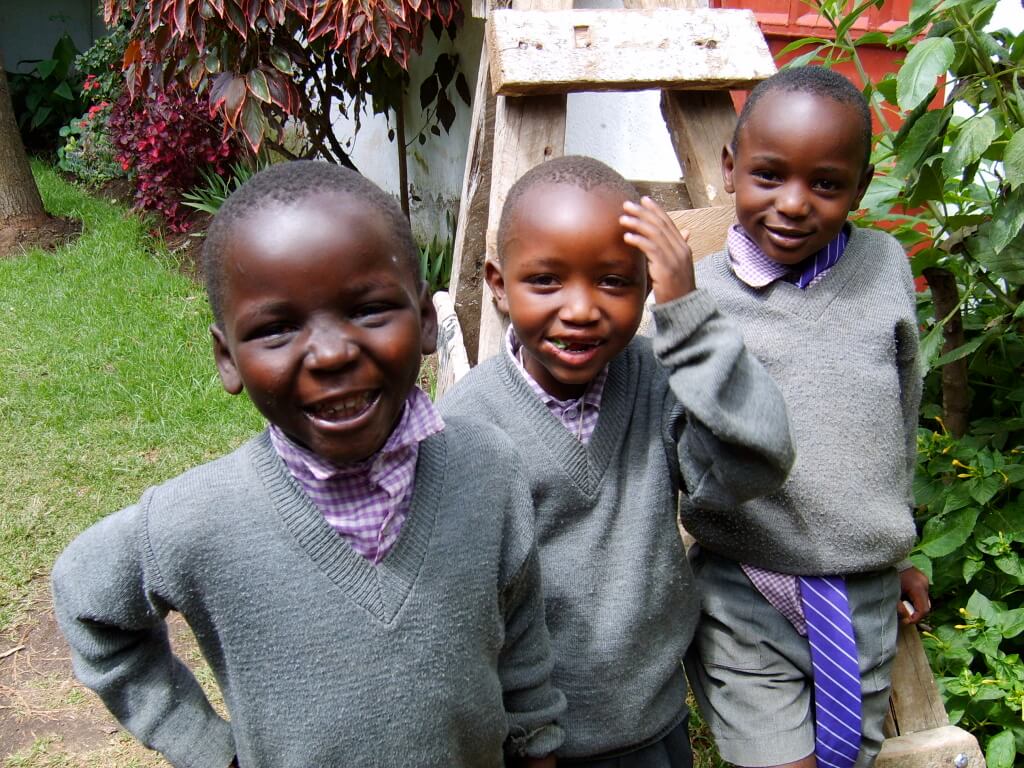
“There can be no keener revelation of a society’s soul than the way in which it treats its children.” Nelson Mandela

There are so many reasons to care about what is going on in the world today. Caring is a key to living in a civilized society – it’s the part of us that makes us human. Our society is becoming increasingly self-centered and narcissistic, owing in large part to the ability for all of us to record and share every aspect of our daily lives with the rest of the world, hoping that someone out there will care enough to notice us. The result of this self-absorption is an endless hole of self-dissatisfaction. I see that the only way out of this void is to give. There is a certain freedom that comes from giving, from caring enough to see beyond our own needs to recognize the needs of another.
Current data shows us that nearly half of the children in the world live in poverty, 22,000 children die daily due to lack of basic needs, and at least 15 million children are orphaned due to HIV/AIDS. I find these numbers too overwhelming to even think about, so I tuck them away in my head and go about the day, ensuring that my family is clothed and fed and educated. I am thankful, so thankful to live in a country that is free and full of opportunity, yet I still struggle with the question of how I am able to meet my needs and those of my family, when almost half the world lives on less than $2.50 a day.
In A Testament to Freedom, Dietrich Bonhoeffer writes the following:
“What if, precisely at the moment when we are thanking God for God’s goodness towards us, there is a ring at the door…and we find someone standing there who would also like to thank God for some small gift, but to whom such a gift has been denied and who is starving with starving children and who will go to bed in bitterness? What becomes of our grace in such moments? Will we really feel like saying that God is merciful to us and angry with them, or that the fact that we still have something to eat proves that we have won a special position of favor in God’s sight, that God feeds the favorite children and lets the unworthy go hungry? May the merciful God protect us from the temptation of such gratitude. May God lead us to a true understanding of God’s goodness…If we want to understand God’s goodness in God’s gifts, then we must think of them as a responsibility we bear for our brothers and sisters. Let none say: God has blessed us with money and possessions, and then live as if they and their God were alone in the world. For the time will come when they realize that they have been worshiping the idols of their good fortune and selfishness. Possessions are not God’s blessing and goodness, but the opportunities of service which God entrusts to us.”
Everyone’s Child was formed to address this very idea, that we are all responsible for the children in our world who could do with, as they say in Kenya, a “leg up” just to enjoy something as necessary as a daily meal or as basic as an education. I encourage everyone who feels this inconsistency, this imbalance in life, to do whatever it is within their power to give to someone who needs a leg up, whether it’s a financial donation, a note of gratitude or support, or the gift of your time. You’ll never regret dropping that stone into the pond and watching how far the ripples go.

Resources:
http://www.globalissues.org/article/26/poverty-facts-and-stats
http://www.globalissues.org/article/26/poverty-facts-and-stats
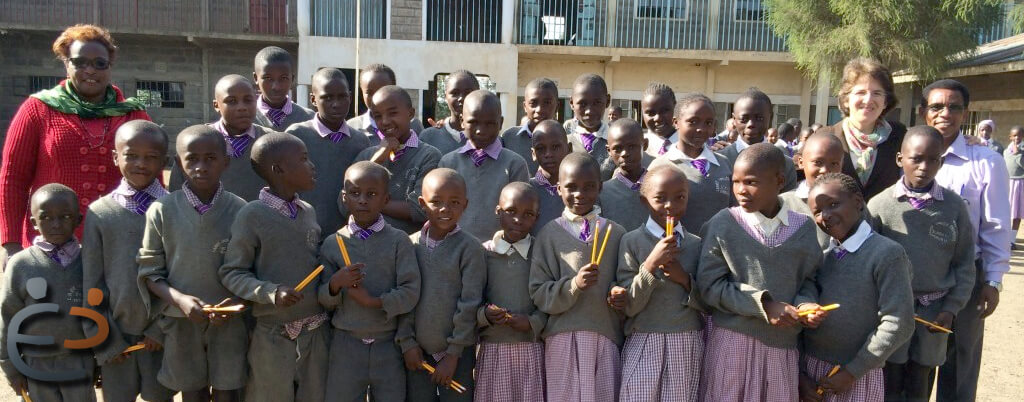
Here begins the use of this blog. Finally. I’m always thinking about what I should write. Today I am determined to get something down on this page.
As the director of Everyone’s Child, I am often faced with making decisions about who we should support and how best to help those who lack the basic necessities in life: food, water, shelter, family, education. My motto has become “There is no end to the need.” There is great hardship in Kenya, particularly among the children. But this is true everywhere we turn. When I pick up the paper or listen to the news, I am reminded of the pain and distress that so many face, and to be honest, I find it more than overwhelming at times. I struggle not to become indignant over the imbalance of poverty and wealth and wonder if we as members of the human race are doing enough to relieve the suffering of humanity.
Today I read a passage from Madeleine L’Engle’s The Irrational Season that helped me comprehend this overpowering feeling of helplessness I have whenever I consider the needs in our world.
“We may be a global village, but instant communication often isolates us from each other rather than uniting us. When I am bombarded on the evening news with earthquake, flood, fire, it’s too much for me. There is a mechanism, a safety valve, which cuts off our response to overexposure.
But when a high school student comes to me and cries because the two- and three-year-olds on her block are becoming addicted to hard drugs, when the gentle man who cleans the building in which the Cathedral library is located talks to me about his family in Guatemala, rejoicing because they are alive although their house has been destroyed by earthquake…then in this particularity my heart burns within me, and I am more able to learn what it is that I can and ought to do, even if this seems, and is, inadequate.
But neither was Jesus adequate to the situation. He did not feed all the poor, only a few. He did not treat all the lepers, or give sight to all the blind, or drive out all the unclean spirits. Satan wanted him to do all this, but he didn’t.
That helps me. If I felt that I had to conquer all the ills of this world I’d likely sit back and do nothing at all. But if my job is to feed one stranger, then the money I give to world relief will be dug down deeper from my pocket than it would if I felt I had to succeed in feeding the entire world.”
Madeleine L’Engle’s passage can be summarized in the words of Rabbi Tarfon from 2,000 years ago; “It is not for you to complete the task, neither are you free to desist from it.”
So now I can go forward in this day with renewed hope that whatever I do to relive the suffering of a handful of schoolchildren in Kenya will and does amount to something. And not just me – I’m grateful for all those who have come alongside this vision to feed, educate and care for the orphans we serve in Kenya. It’s the proverbial stone in the pond effect that is being enacted here. One stone, many ripples.

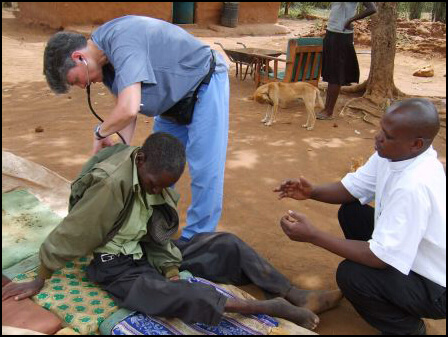
Sr. Shamima Thiongo, Sr. Bernadette Mastroni, Fr. Thomas Mugi & Fr. Paul Stewart. Thank you!